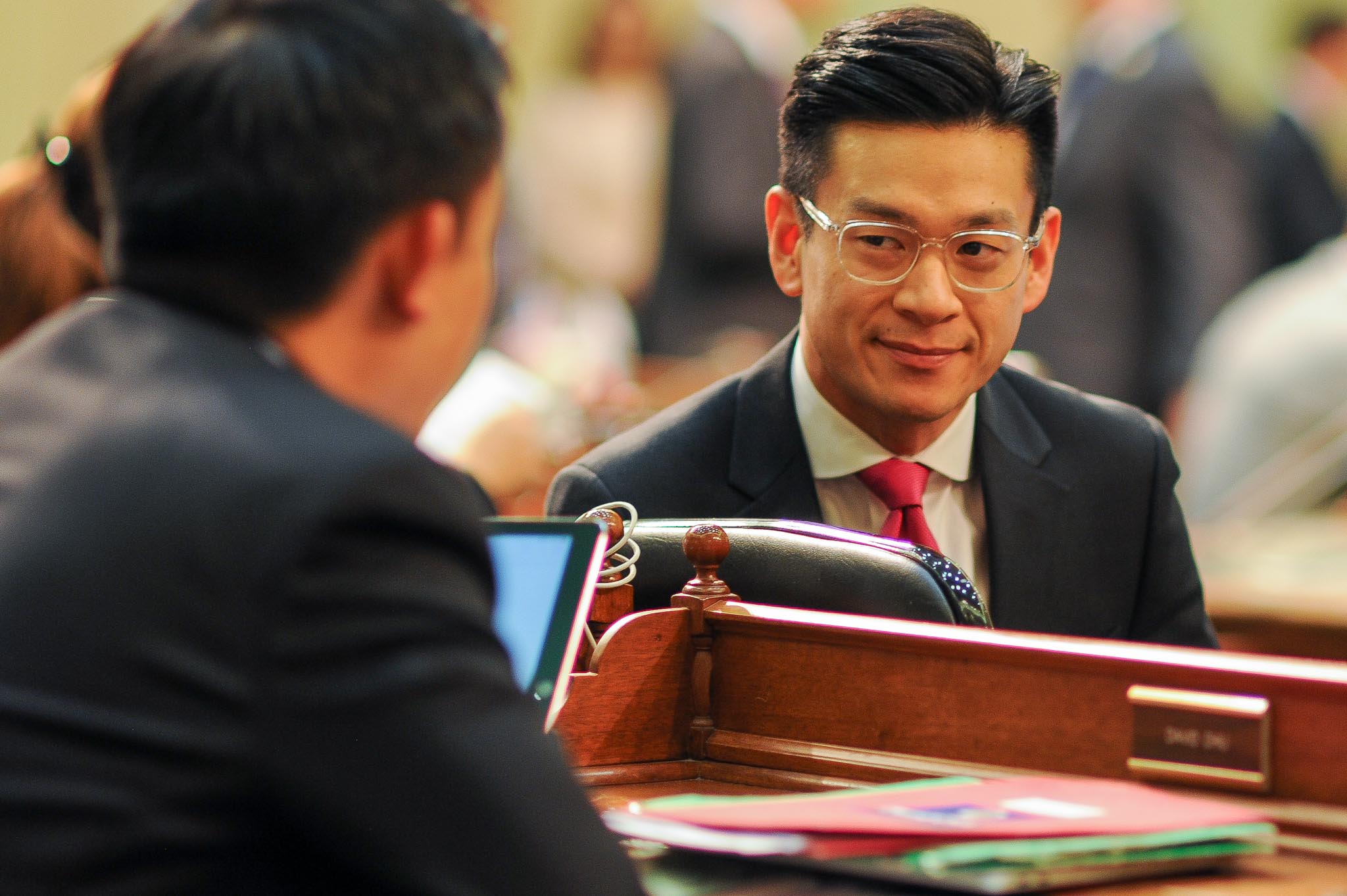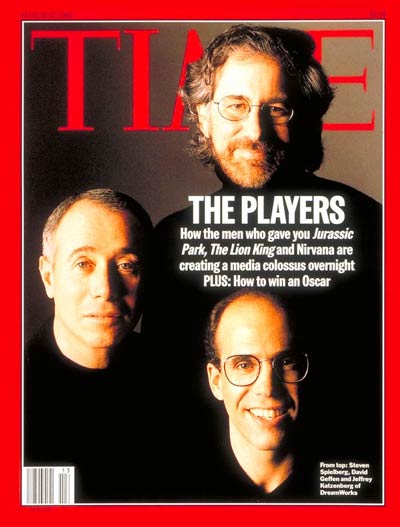
Stockton is in the middle of a universal income experiment. (Tripadvisor)
Stockton’s Universal Income Program Has Unreported Flaws In How Money Is Being Spent
Misreporting spending and hiding purchases are among the defects in the program
By Evan Symon, October 5, 2019 7:19 am
While are success stories over Stockton’s universal income program being reported, the Globe has found for some participants there is quite a different story going on.
Stockton is currently in the midst of a small program called the Stockton Economic Empowerment Demonstration (SEED). The program, funded by the Economic Security Project, gives a universal income of $500 a month to 125 randomly selected citizens who make under $46,000 a year. Results are tracked through debit card use, and when the debit card is used to withdraw cash, asking them what they spent it on.
So far the project has announced some good results, including less stress. A CBS look into the program found those in the program “sleeping easier at night” and starting to learn about what they need to save for after the program ends in August of next year.
However, the Globe found faults in the project, and how some of the reported numbers were easily skewed. The Globe talked with two landlords who have tenants who are part of this program, as well as a relative of another, to find out how some participants are getting around the projects parameters.
“The family I have who is doing this free money thing skirts it,” said “Alan,” a Stockton landlord. “[The family] had never really missed rent payments, but I knew some months were bad when they handed me singles and change.
“I didn’t think too much of this free money thing until they paid me the months rent on time and with a check for once. And I thought ‘great’.”
“But then I saw they had gotten a new TV, a big flatscreen when I went in to check the smoke detectors. The mom and a daughter came in when I was there holding Macy’s bags.”
“This was a family so poor that last year they couldn’t pay for their son to play football. But now look, they’re going on shopping sprees. And clothes, I gave a benefit of a doubt because maybe it was needed, but all they had was shoes.”
“I had a tenant years ago who won the lottery, and they were spending like how she did when she won. Just blowing it all. That’s exactly what they did.”
But that should be fine. After all, this is a non-profit experiment, and that data should be recorded for spending habits. Except what “Alan” said wasn’t a simple case of people buying for the sake of it, it was going around reported spending.
How so? The other landlord we interviewed, “Lin”, was told exactly how by her tenant.
“The lady has been in [Apartment number] for five years now,” explained “Lin”. “She’s on SNAP and what she does there is buy the basics with SNAP money and then uses the money now free she doesn’t use with SNAP to pay for cigarettes and fried fish and other things SNAP doesn’t cover. She bragged about it to me when I asked once about the program for my daughter.”
“SEED has been the same. She uses the debit card to pay for rent and her parking spot, but uses the money she saved on a spa day one month, or driving to Reno the next. And from what she tells me, it won’t be reported to them. Only what she used from her debit card, which to them is rent.”
“What SEED is really doing is giving her vacations that she doesn’t have to tell them about – it is just rent to them.”
Another source, who is the brother of a recipient, told the Globe the same thing is happening to his older brother. But instead of expensive shopping sprees or vacations, his brothers’ use is restaurants.
“My brother is on a fixed income,” said “Roberto”. “It is a small pension and Social Security and Medicare. He used to eat out maybe once a month before. But now with the $500 he gets extra, he spends what he gets from them on something on his debit card. Food or something else basic that looks good like utilities. Then that cash he would have spent on that goes out to places to eat.”
We asked “Roberto” if his brother tells SEED or the ESP that, and he said that he doesn’t.
“They have no idea he’s living the high life. For all they know he’s still struggling and this money is just helping bridge him over from debts.”
Not everyone in the SEED program does this, as many participants have been very open about paying for needs or helping eliminate death. But it has also shown that there are holes in the Universal Income System, at least in the small, limited pilot program in Stockton. The limited scope and time of the project even means that any data received from it can’t be useful for researchers.

From what the Globe has gleaned from its sources, as well as what other media has reported, Stockton’s program seems to be on the track of a similar programs like Finland had in 2017 and 2018 or Manitoba tried out in the 1970’s. Finland’s program noted that while participants were happier, they still remained jobless, while Manitoba’s project brought similar mixed results.
In both cases the program was denied expansion by their respective governments.
In addition to Stockton, several other programs are currently being considered, including one by presidential candidate Andrew Yang that gives a $1,000 monthly universal income.
While universal basic income remains a hotly debated topic, the flaws becoming more prevalent in the Stockton experiment are becoming a cause of worry for both sides of the issue.
The program, started in February earlier this year, ends in August of 2020.
- Bill to Require Law Enforcement Disclosure if AI Was Used To Help Write Reports - August 7, 2025
- Gov. Newsom Files FOIA Request To ‘Expose True Cost’ Of L.A. Federal Troop Deployment for Anti-ICE Riots - August 6, 2025
- California Redistricting: How Newsom’s Plan Will Demolish Hard Fought GOP Gains - August 6, 2025





See how smart people are? They know that money is fungible. It’s the same scam all local government agencies play with local tax measures. They sell the public on using the money for things that will cause voters to vote yes. Then they reduce the money they would have spent on those things and use it for something else. All the public knows is that the new tax money was spent on the things that were promised.
What’s wrong with giving them a job fixing potholes or something. The state is ready to fold and it’s free money day for the chosen few grifters.
Good article, however the city stock photo at the top is not Stockton but Birmingham, Alabama.